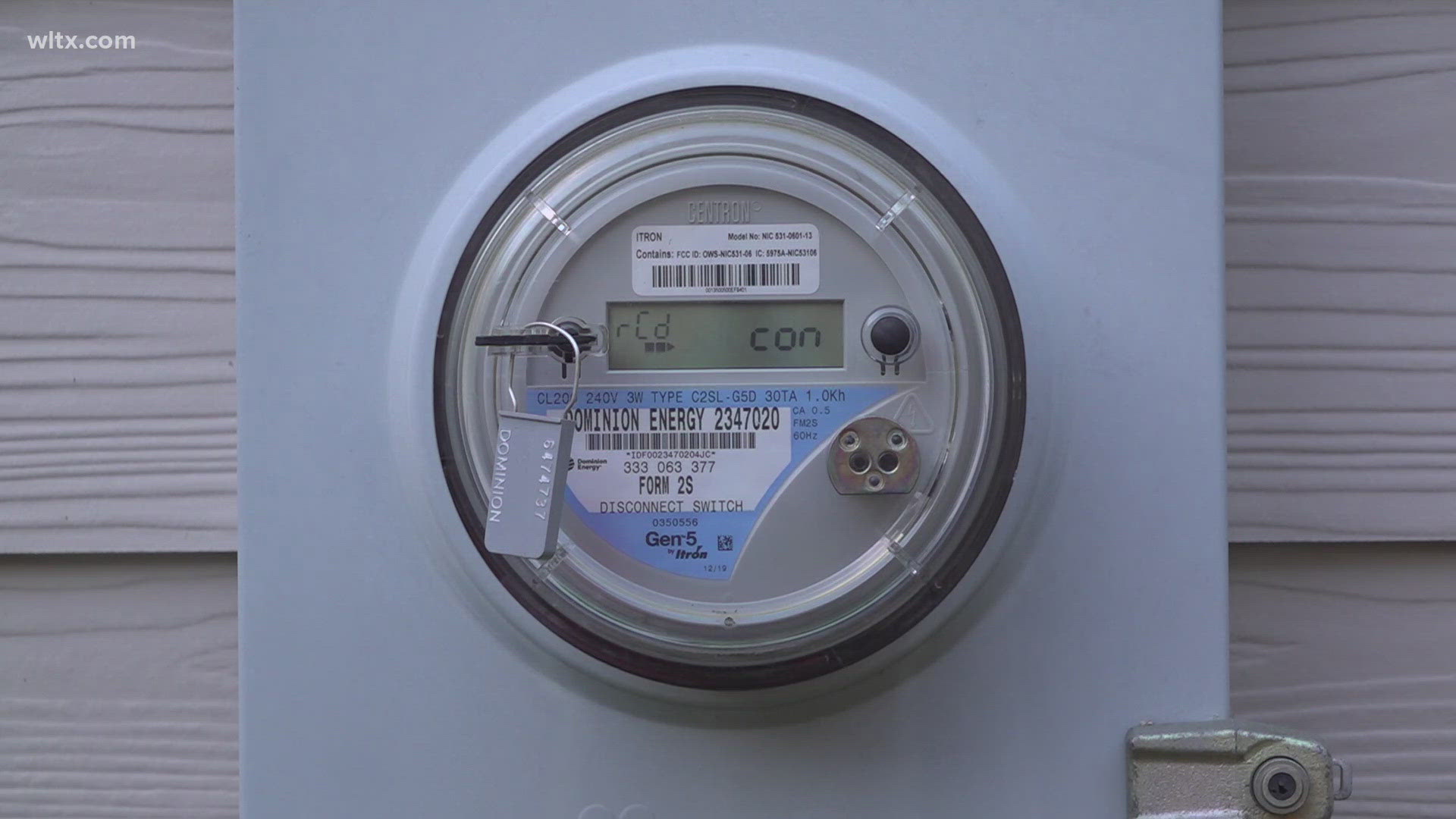COLUMBIA, S.C. — Earlier this week, we shared various ways that you can save on your electric bill, and the resources available if you need a little extra help to make your payment.
That story seems to have resonated with many News19 viewers, as we’ve received over 550 comments about the story online.
Some viewers told they pay between $300 and $600 per month, while others say their bill is rarely over $175.
According to the U.S. Energy Information Administration, the average South Carolina electric bill is just over $147, this number is from 2022, the last year for which data was available.
Some residents get their power from one of the more than 15 co-ops in the state.
Bob Paulling is the CEO of Mid-Carolina Electric Cooperative. he said co-ops typically provide service to customers that investor-owned companies find too expensive to serve.
"There’s about 900 or so co-ops across the country. There’s 18 or 19 in South Carolina. We serve power mostly in rural areas, but since the rural areas have become more developed, we serve some of the urban areas now,” Paulling said.
He said co-ops like his return extra profits back to their customers and offer peak-time pricing.
“Our rates are significantly lower because we have a lot of people taking advantage of shifting their load off-peak. Members can save by doing things like putting a timer on your water heater, so your water heater elements won’t come on during the on-peak time. Don’t run your clothes dryer during the on-peak time. (You'll) save a significant amount of money doing that,” Paulling said.
Lexington County resident Maddy Jones is a Dominion Energy customer. She said her bill averages between $160 and $180 per month.
“We keep our blinds closed for the most part. We keep our filters pretty clean. We don’t keep things plugged up. If we’re not using something, we don’t keep it plugged up. And all of our appliances are energy efficient," Jones said.
To help homeowners further reduce their energy costs, the State of South Carolina has applied for over $137 million in federal funds to help households upgrade to new energy efficient appliances. To learn more about the rebate program, visit the state's rebate page.
The state expects those funds to be available starting in 2025.

